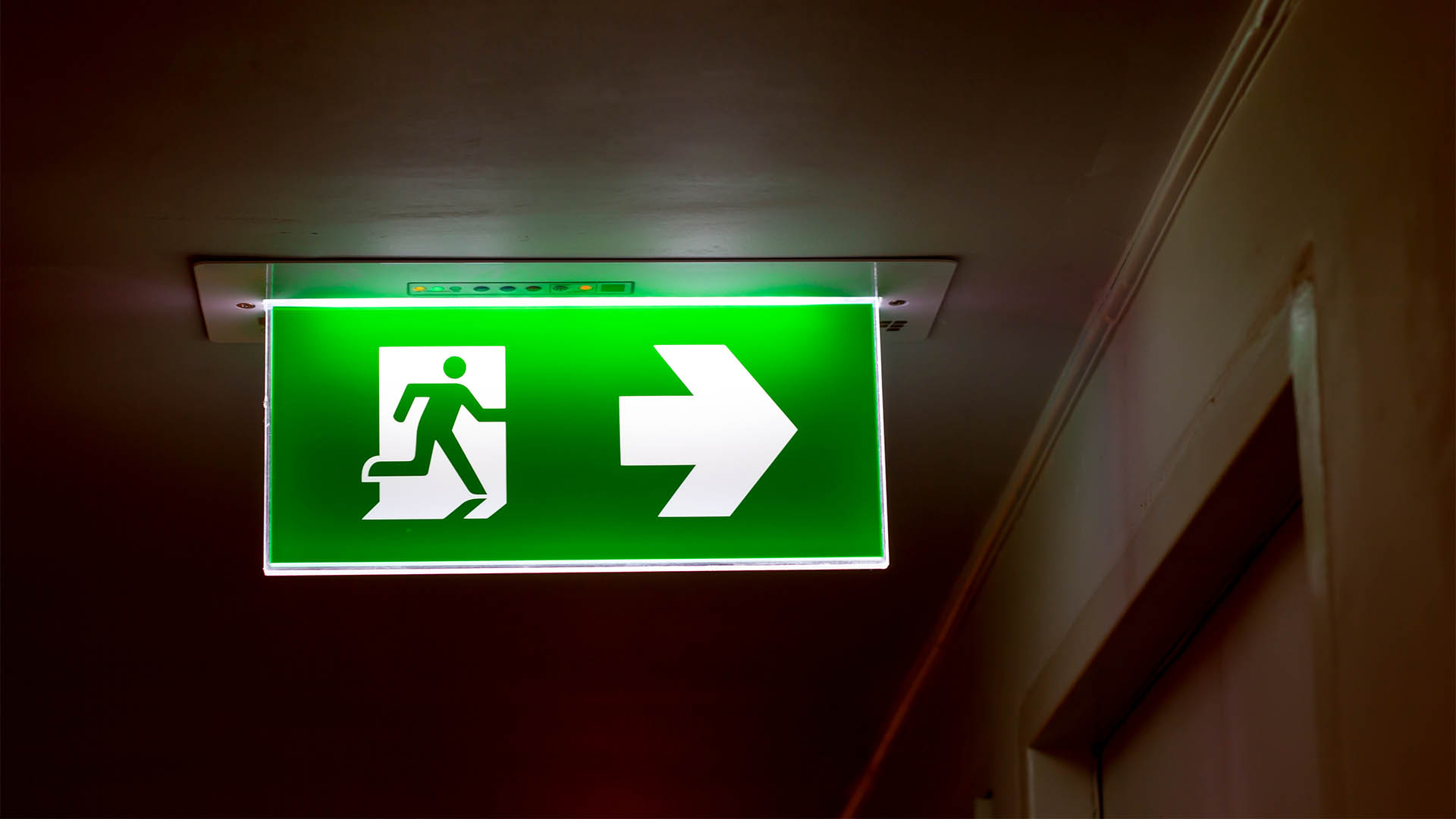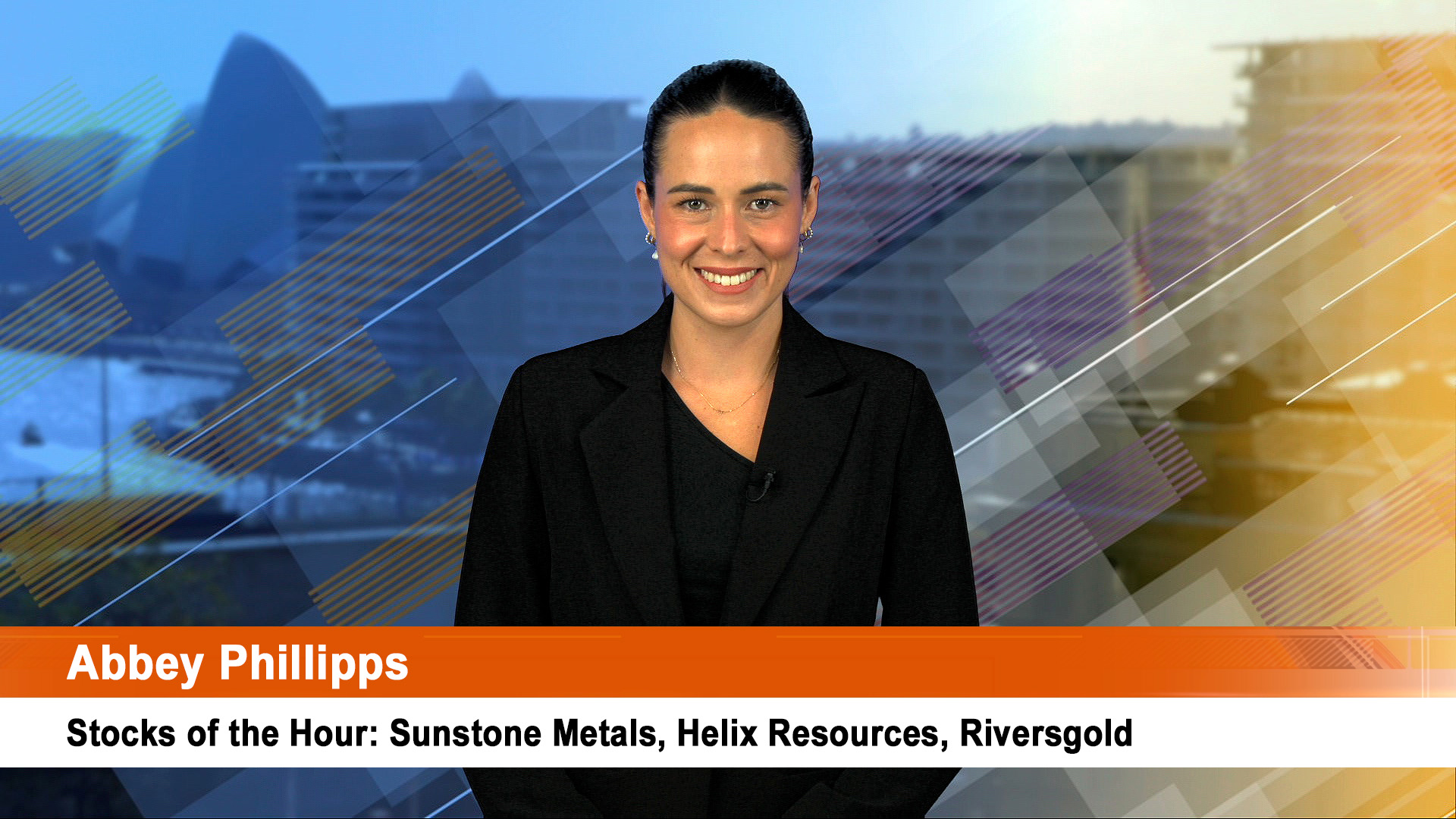We now have confirmation that the British banking system is in denial and so sick that it needs special Government assistance.
In fact Britain’s big name banks could be accused of living in cloud cuckoo land after losing Northern Rock last year in the biggest failure so far of the subprime crisis and credit crunch. It was bailed out by the Bank of England and nationalised earlier this year by the Government, and yet the country’s banks argued that they were in good health.
That’s despite pressure for months on the Government and the Bank Of England to provide more funding assistance, which the central bank has been forced to do.
Now two things have happened: the British Government and the Bank of England will provide at least $US100 billion in funding for the banks to help them rebuild their mortgage lending: the BOE will buy housing mortgages of varying creditworthiness and provide cash for up to three years: and the aggressive Royal bank of Scotland (RBS) has confirmed multi-billion dollar, writedowns, huge asset sales and a giant rights issue to shareholders.
All Up the bank looks like it is raising around $US30 billion and there are some analysts who reckon that even after that, it won’t be enough.It will confirm the figures tonight, Australian time.
With the central bank lending in place, other banks are tipped to follow with massive issues, losses and restructurings as they seek to rebuild balance sheets bled dry by the adventures in the subprime and credit derivatives markets that were supposed to bring above average gains.
Under the new scheme, the Bank will loan money to banks and building societies in return for potentially risky mortgage debts. If the housing market fell and borrowers defaulted on their mortgages, taxpayers could be left nursing losses.
The total size of the loans is $US100 billion but Bank and Government officials said they were prepared to lend more, prompting fears that the taxpayers’ exposure may rise.
The loans are intended as a short-term measure lasting for up to three years and government sources say the banks "have to guarantee the money is returned."
That in itself will be a comfort to some in the markets.
The loans are interest bearing, will also carry a discount between the value of the government loan and the value of the mortgages offered in return.
The Bank will not pay 100% of face value: the selling bank will have to take a capital loss, to reinforce the point about the cost and to be seen making the profligate bankers pay for the Government aid in more ways than just interest.
For months RBS has been denying any problems, even though bankers knew it was a heavy investor in subprime mortgages and in asset backed commercial paper: it also was a member of a group of banks which bought ABN Amro of Holland last year at top price: a move that has compounded the problems.
The bank and its high profile CEO, Sir Fred Goodwin, defiantly said there were no problems in February when it lifted dividend: those words have come back to haunt him with big British investors demanding that heads roll after the funding deals are done.
So how serious is the RBS position and that of the UK banking system? Well the banks have been pleading for help for weeks and the Bank of England has been feeding billions into the system in auctions to no avail.













